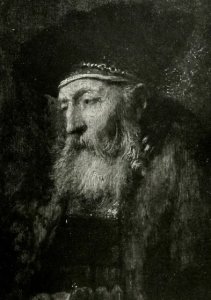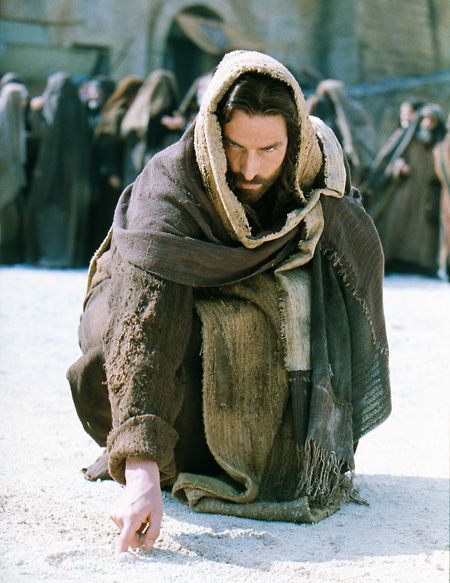
The Lord Rejects Saul
As many who have followed me for a bit, I have fallen into the Psalms, and I can’t get up! (As if I would want to.) The Psalms are a majestic collection of poetry, of heart felt human experiences that constantly challenge me in my own frail attempt to follow the true King. As many of the Psalms are written by David, my study on the Psalms has spurred me on to looking at the life of David, is the main contributor to this book, and to follow the victories and tragedies of the shepherd King of Israel.
Many times in the narrative, we will see the Lord Jesus, imperfectly, yet a reflection of His spirit in a man with weaknesses.
Todays passage is a very popular passage on the topic of obedience, found in the middle of Saul’s Judgement
1 Samuel
17 And Samuel said, “Though you are little in your own eyes, are you not the head of the tribes of Israel? The LORD anointed you king over Israel.
18 And the LORD sent you on a mission and said, ‘Go, devote to destruction the sinners, the Amalekites, and fight against them until they are consumed.’
19 Why then did you not obey the voice of the LORD? Why did you pounce on the spoil and do what was evil in the sight of the LORD?”
Saul just came back from putting up a monument of himself and Samuel has the grace to say – “Though you are little in your own eyes”. But does he?
Some versions translate this phrase as a past tense action on Saul’s part, as in “Although you were once small in your own eyes” which makes some sense. Saul was small in his own eyes at one time, when he was out looking for the donkeys, or hiding in with the equipment. But those days are gone.
Saul was given the privilege and honor of being the first monarch in Israel, the first man to be given a throne. As we have mentioned earlier, his position was demanded by the people, and was provided by the Lord. But the power got hold of him. And we all know that power has a corrupting influence on the human condition.
So, let’s consider how power brought this man to this point in the story. What is the effect of power on a man or woman? One effect of power is a lack of understanding of how much power is actually granted to you. In this instance, Saul assumed he had more authority, more power than God by openly disobeying a clear command.
Try to understand Saul’s situation. Folks around Saul would succumb to his wishes, to his demands, sucking up to him to get his favor. He was the one to be pleased, to be honored. A whole nation would bend the knee to him. It was all about him!
This false image of power Saul lived in, giving him the allusion of being the center of the universe, also brought out the covetousness that resides in every human heart.
Notice Samuel’s question – Why did you pounce on the spoil… Samuel uses the verb pounce, not describing a military action, but could be translated as to “dart greedily”. Saul was exercising his “right” to take what he wanted. This is typical of those in power, for the expansion of wealth of those in power is common.
This action of not obeying the voice of the LORD was evil in the sight of the LORD. Saul’s self image of ultimate authority and of covetousness was something that could not be tolerated in the first king of Israel. In any king of Israel.
Except One!
The only King of Israel that will never be dethroned is the One who had all the power, all the authority and yet relinquished His position, suffered for us and became poor for our sakes. His every actions are so anti-typical of Saul, and provide believers another support in our understanding that His kingdom will never fall, His kingdom will never loose her King.
He will reign forever!
Thanks again for coming to visit. I hope you found something of interest in this post and would appreciate a comment, to begin a discussion. If you know someone this blog may bless (or challenge), send them a link, so they may join us in our discussion.
Come join us at Considering the Bible

